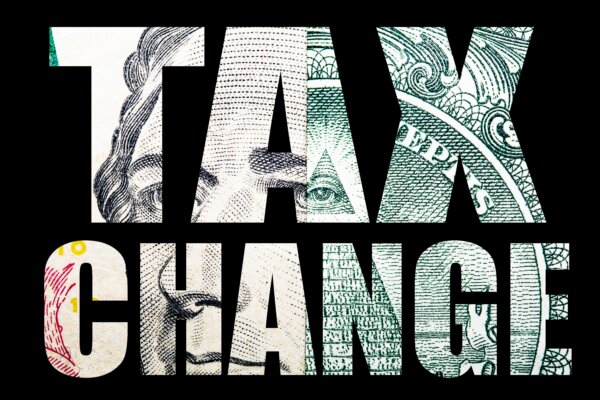![]() During his first term, President Donald Trump launched a monumental piece of legislation known as the Tax Cuts and Jobs Act (TCJA). For his current term as the 47th president, Trump has said he plans to make key provisions of the TCJA permanent in addition to making sweeping changes to the tax code. These include eliminating taxes on Social Security benefits for seniors and on overtime pay.
During his first term, President Donald Trump launched a monumental piece of legislation known as the Tax Cuts and Jobs Act (TCJA). For his current term as the 47th president, Trump has said he plans to make key provisions of the TCJA permanent in addition to making sweeping changes to the tax code. These include eliminating taxes on Social Security benefits for seniors and on overtime pay.
Social Security Tax Cuts
During his campaign trail, Trump was very vocal about cutting taxes on Social Security benefits for seniors.
According to the Social Security Administration (SSA), 40 percent of beneficiaries pay income taxes on their benefits.
If you’re a single filer and your combined income is between $25,000 and $34,000, you could pay income tax on up to 50 percent of your benefits. If combined income is more than $34,000, up to 85 percent of your benefits could be taxable.
It works a bit differently for married couples filing jointly. If you and your spouse have a combined income between $32,000 and $44,000, you could pay taxes on up to 50 percent of benefits.
If that combined income exceeds $44,000, up to 85 percent of benefits could be taxed.
Combined income is sometimes called provisional income. But it’s important to note that calculating your combined income in retirement can be complicated because you’re no longer receiving a regular paycheck. You may be getting income from a 401(k), a pension plan, a municipal bond, an individual retirement account (IRA), a taxable brokerage account, or somewhere else.
No Tax on Tips
Trump has also been very vocal about exempting tips from federal income tax.
Overtime Pay
Trump has proposed a blanket federal income tax exemption on income earned from overtime work. While not much is known about the design of this particular tax proposal, it’s important to understand how overtime pay works.
Under The Fair Labor Standards Act (FLSA), employers are required to pay overtime to employees who work more than 40 hours a week. (There are exemptions, such as salaried employees.)
Overtime pay is calculated at a rate of 150 percent of their regular pay rate. So if your standard pay rate is $17 an hour, then your overtime pay rate is $25.50.
Overtime pay is still considered ordinary income. Thus, it is taxed the same way as your regular pay. Your regular and overtime pay is part of your total annual earned income, which determines your tax bracket along with your filing status.
The Bottom Line
Trump paved the way for substantial tax cuts during his first term. And while some of those provisions are set to expire at the end of 2025, the president has said he’s driven to reinstate those provisions in addition to ushering in new tax cuts. These particular proposals could benefit certain retirees, tipped workers, and those accustomed to overtime work. Still, Trump’s new proposals are just that. And he would require the approval of Congress to make those new tax policies a reality. For Americans who may be affected, it’s important to pay attention to these developments and act accordingly.











